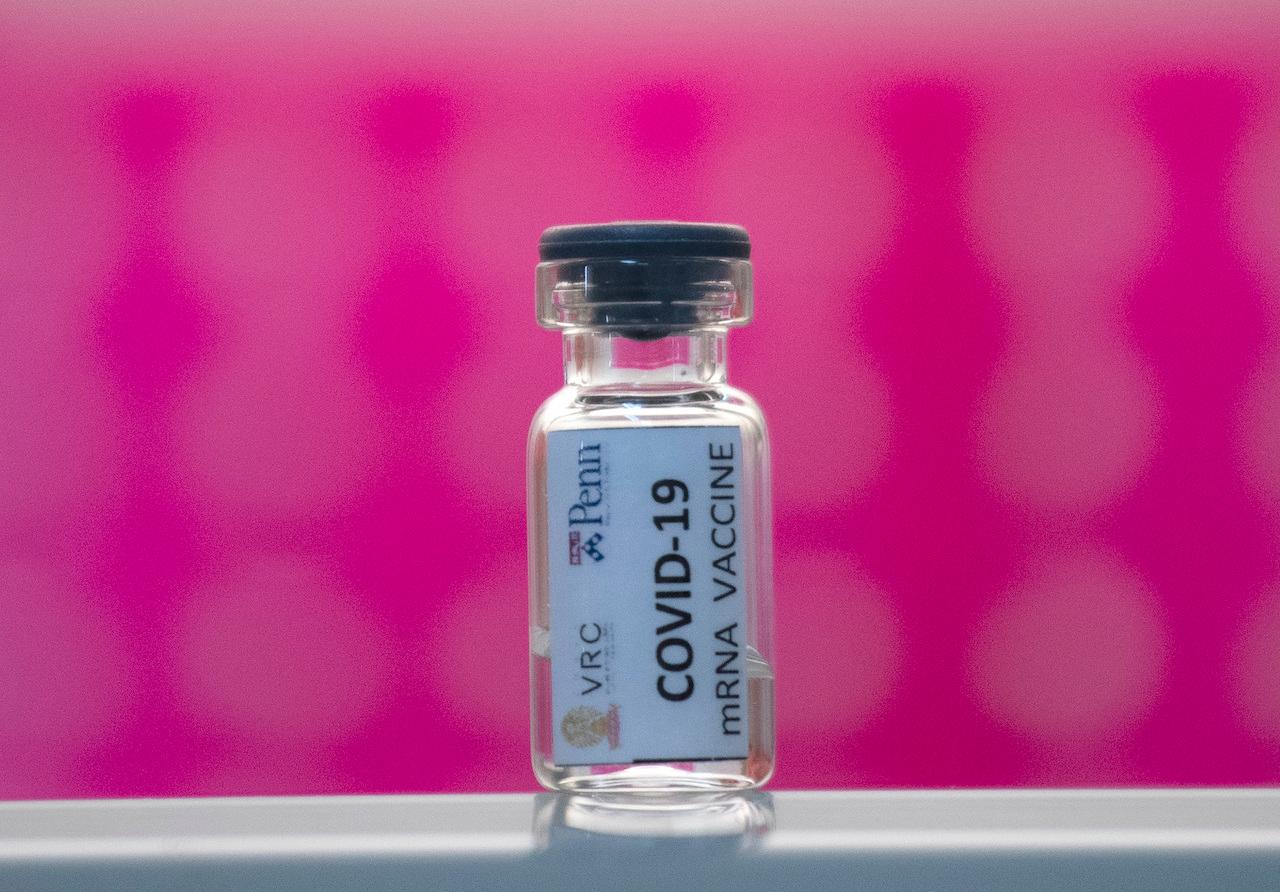Race for Covid-19 vaccine littered with questions
Safety, cost and efficacy are among the main issues.
Three months ago, China began testing an experimental Covid-19 vaccine under a government-approved emergency use programme – just one of over 100 vaccines currently under development, according to the World Health Organization (WHO).
Close to a year after the virus was first detected in Wuhan, China, and as the world marks over a million deaths from the deadly infection, the need for a vaccine has never been more crucial.
But with 26 of the vaccines under development undergoing testing in human trials, questions abound on their safety, cost and, paramount in the minds of most, efficacy.
A journalist in China, one of hundreds of thousands who received the experimental vaccine, experienced temporary dizziness which disappeared after a short rest.
The question is whether such risks would be enough to deter a global population desperate for a way to fight back against a disease which has infected over 35 million so far, disrupting lives and ravaging entire economies.
The search for a Covid-19 vaccine
| Candidate | Sponsor | Trial Phase | Institution |
| AZD1222 | University of Oxford; AstraZeneca; IQVIA; Serum Institute of India | Phase 3 | University of Oxford, Jenner Institute |
| Ad5-nCoV | CanSino Biologics | Phase 3 | Tongji Hospital; Wuhan, China |
| CoronaVac | Sinovac | Phase 3 | Sinovac Research and Development Co, Ltd |
| JNJ-78436735 (formerly Ad26.COV2-S) | Johnson & Johnson | Phase 3 | Johnson & Johnson |
| mRNA-1273 | Moderna | Phase 3 | Kaiser Permanente Washington Health Research Institute |
| No name announced | Wuhan Institute of Biological Products; China National Pharmaceutical Group (Sinopharm) | Phase 3 | Henan Provincial Center for Disease Control and Prevention |
| Bacillus Calmette-Guerin (BCG) vaccine | University of Melbourne and Murdoch Children’s Research Institute; Radboud University Medical Center; Faustman Lab at Massachusetts General Hospital | Phase 3 | University of Melbourne and Murdoch Children’s Research Institute; Radboud University Medical Center; Faustman Lab at Massachusetts General Hospital |
| BNT162 | Pfizer, BioNTech | Phase 2/3 | Multiple study sites in Europe and North America |
| NVX-CoV2373 | Novavax | Phase 3 | Novavax |
| Covaxin | Bharat Biotech; National Institute of Virology | Phase 2 |
Click here for a full list of entries.
Some, like Chris Dripin Hinke, say as long as the vaccine has been approved by regulators, they will be game to sign up.
Hinke, 47, a Sarawakian now residing in Germany, said her family’s risk of exposure was “too high” as her husband suffers from respiratory issues and her daughter takes public transport to school.
“If we had to be vaccinated in stages, it would be my husband first, then my daughter and lastly myself,” she told MalaysiaNow.
How it works
This is in line with WHO’s policy that those most at risk will be prioritised once a safe and effective vaccine is found.
But before treatments or medications are allowed for use in whole populations, they must undergo trials. Clinical trials are designed not just to test the efficacy of the treatment in question, but also to detect side effects, even if they show up in just 1% of the population.
As countries and pharmaceutical giants race to develop a Covid-19 vaccine, concerns remain over the ability of the SARS-CoV-2 virus to mutate. This would impair the efficacy of any vaccine based on previous strains, in short rendering it ineffective against future mutated types.
There is also the question of vaccine nationalism, a term coined to describe what happens when a government commissions a manufacturer to create a vaccine exclusively for the national populace.
While such a decision excludes the government engaging with multinational or global agencies, it is also a means of guaranteeing access to the vaccine while it is under development or if it is upgraded in the future.
The ingredients of the vaccine, too, might pose a problem for some due to personal beliefs.
Rahul Dhir Bhutani, of Hindu and Punjabi parentage, said if a vaccine works and contains ingredients from cattle, his personal beliefs will not be a factor.
He said it would not be feasible to force the vaccination on everyone, but maintained that some measure of blame must be shouldered in the event that a person’s decision to forgo the vaccine encroaches on the safety of others.
“Even with a flu vaccine, how much can a body protect itself?”
Afzan Aziz, a 36-year-old single mother of three, said she too would not be concerned if the vaccine contained ingredients prohibited by her religion as her children’s safety overrides all other concerns.
To the question of cost, Rahul said he would not flinch even if a tested and verified vaccine set him back RM200 to RM500 per shot.
For him, the most important thing is a proven record. Most vaccines take upwards of four years before trials and research are certified safe for general use.
But Rahul is taking no chances: he is willing to wait another six months after a vaccine has been introduced – just in case.
Hinke meanwhile believes that in the event that a vaccine is made available for all, frontliners should be ready to take the plunge.
“We all have jobs to do, yes, but choosing not to be vaccinated when you know you are in public exposure all the time – they need to know they could pass the infection to others whose loved ones could die from it.”
Subscribe to our newsletter
To be updated with all the latest news and analyses daily.
